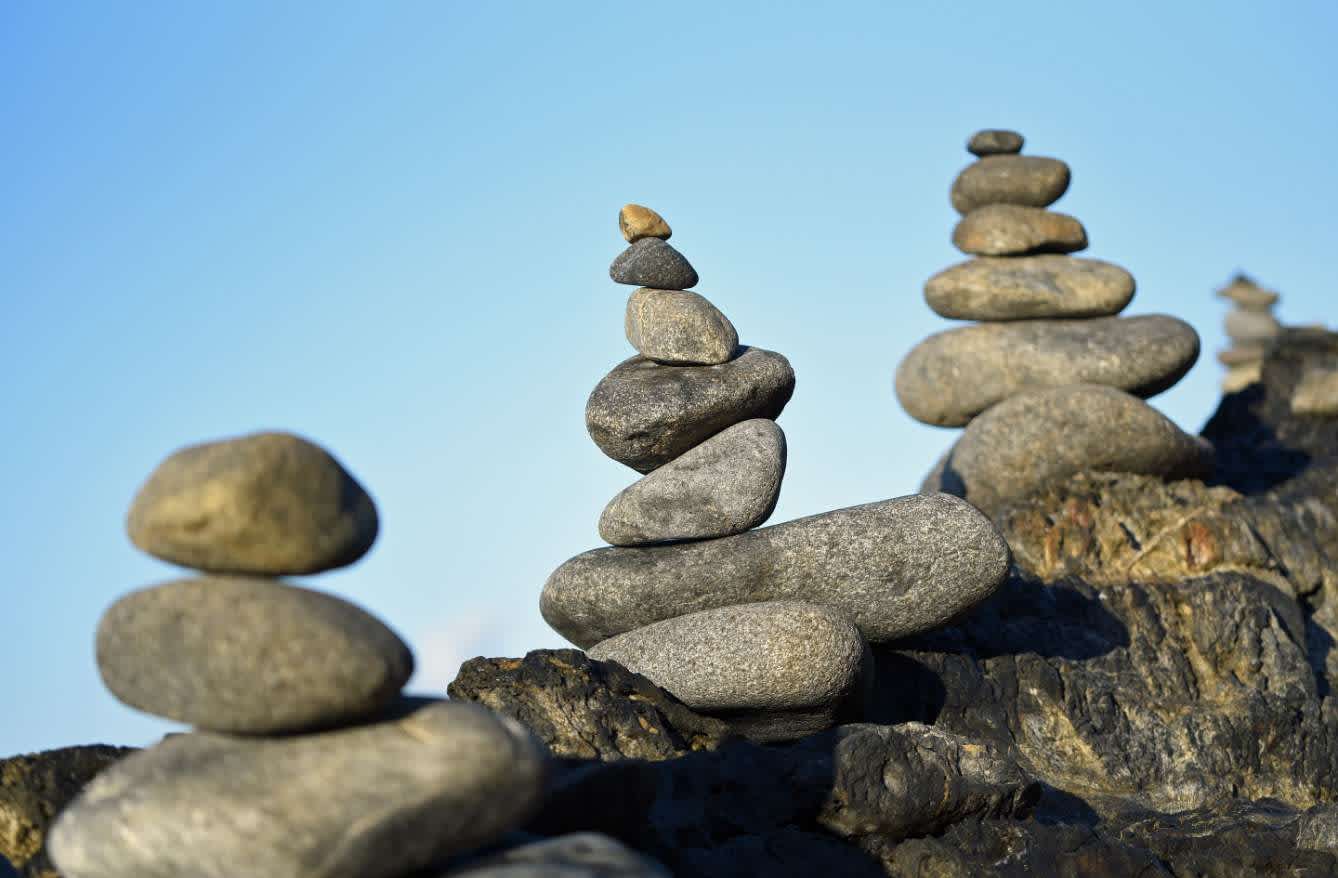In this article, Ayurvedic Practioner and Pukka's Head of Herbal Education, Jo Webber, explores how the ancient Indian concept Ayurveda can help you to bring yourself back to a more balanced state through simple diet and lifestyle choices.
Stress is now widely recognised as a direct cause of many illnesses today, such as hypertension, asthma, anxiety, and irritable bowel syndrome (IBS).
Just how deeply the mind and body are interconnected is also being explored by the new field of psychoneuroimmunology; scientists in this field study how our nervous system and immunity are interrelated.
Studies show when there is a surge of stress we release hormones which in turn suppress our immune system. This helps explains why people who suffer from chronic anxiety, depression and tension are found to have double the risk of certain diseases such as arthritis, severe headaches and heart disease. Stress has also been shown to compromise the immune function to the extent that it can both cause and accelerate cancer.
What triggers a stress response in each person varies widely and today’s busy lifestyle is all too conducive to stress.
Sensory overload is also a growing problem and a common cause of stress due to the steady assault of emails, use of smartphones, watching TV, noise and air pollution. It’s also clear some people are more sensitive than others.
An Ayurvedic approach to stress
Ayurveda (the ancient Indian system of medicine), offers deep insights into the nature of stress and what we can do about it. Vata, pitta and kapha are the mind-body types that help us to understand why our body functions in certain ways, but also how we can best help ourselves.
Ayurveda views stress as a disturbance of the nervous system, which is mainly regulated by vata dosha. This dosha has natural qualities such as being cold, light, subtle, and erratic and is easily disturbed by too much sensory stimulation, too much food, too much time pressure and too much to do.
An understanding of your dosha mind-body type can clarify what your stress triggers are, and how to bring yourself back to a more balanced state through diet and lifestyle suggestions.
You’ll probably be able to recognise which mind-body type you might be as you read the following, or take our dosha quiz if you’re still left wondering.
The vata response to stress
Vata types are quick thinking, enthusiastic, creative, and bursting with ideas. They are naturally more susceptible to stress due to an increase in this dosha, which will show itself through fear, anxiety, panic, insomnia, feelings of isolation and a loss of appetite.
If this is your dominant dosha, it's likely you are susceptible and sensitive to changes in life which can make you feel anxious or panicked. Other vata responses to stress include being easily startled, such as by a loud noise, being unable to relax and heart palpitations.
So how do we balance vata?
You can balance vata’s cold, light, subtle and erratic qualities by increasing the opposite qualities- so, more warmth, stillness and grounding.
A good daily routine is key in balancing vata dosha and helping avoid a build-up of stress. Try to manage your diary so you have some mindful or meditative time each day, sitting still and breathing deeply is ideal. It doesn’t need to be for half an hour, just one minute can have an effect.
Eating at regular times also helps this type feel calm and grounded. A soothing massage with warm oils is a key antidote to stress for vata types. Finally, going to bed at the same time can also help things on an even keel, preferably around 10pm.
Pukka teas and supplements to try:
To calm, strengthen and nourish the nervous system, try Wholistic Ashwagandha. This herb is excellent for all three doshas, but particularly vata types.
If the digestion becomes aggravated by stress, try Wholistic Triphala.
Partner these with Pukka teas to soothe and calm this dosha such as Womankind, Three Licorice, Three Chamomile, Love, Relax, Night Time and Tulsi Clarity.











